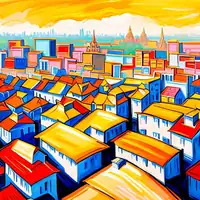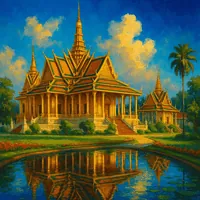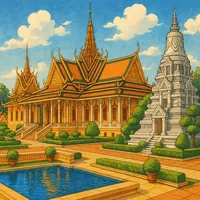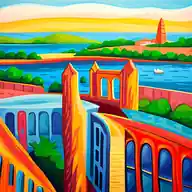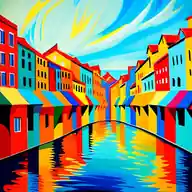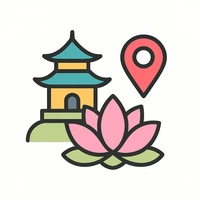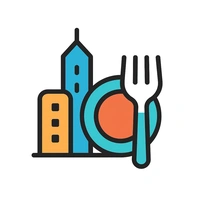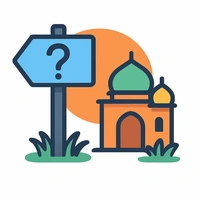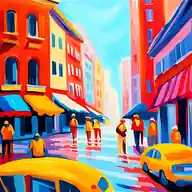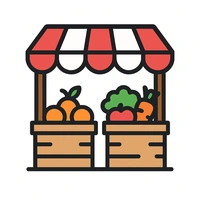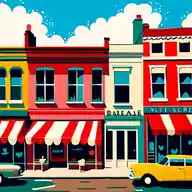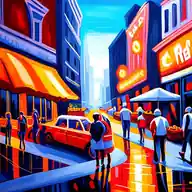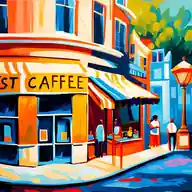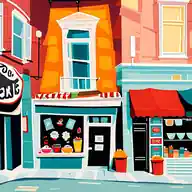Phnom Penh, Cambodia's capital, uniquely captivates with its seamless blend of French colonial architecture and Khmer history, centered around the opulent Royal Palace and the dazzling Silver Pagoda. Unlike any other city, it’s a place where saffron-clad monks weave through vibrant markets like Psar Thmei, set in a striking Art Deco building, and the calming flow of the confluence of the Mekong and Tonle Sap rivers underpins the city’s indomitable spirit and resilience.

Destinations

Travel Tips & Planning

General City Overview
Notable points about Phnom Penh
- Historical and Cultural Richness: Phnom Penh is home to the Royal Palace and the Silver Pagoda, adorned with more than 5,000 silver tiles. These landmarks offer deep insights into Cambodia's royal history and the Khmer culture, attracting history buffs from around the world.
- Vibrant Riverside Scene: For singles and nightlife enthusiasts, Phnom Penh's Sisowath Quay, along the Tonle Sap River, is a bustling area filled with lively bars, international restaurants, and night markets, offering stunning sunset views and a lively social atmosphere.
- Distinct Architectural Blend: The city's architectural landscape is a unique mix of traditional Khmer, French colonial, and modern skyscrapers. This eclectic fusion makes Phnom Penh a particularly fascinating study for architecture aficionados.
- Central Market for Shoppers: The iconic Central Market (Phsar Thmey) is a haven for shoppers and bargain hunters. Its art-deco design also makes it an architectural standout, housing a variety of goods from jewelry to food and clothing.
- Affordable Living with Modern Amenities: For expats and retirees considering relocation, Phnom Penh offers a relatively low cost of living while providing modern amenities. It boasts a growing number of Western-style condos, shopping malls, and international schools.
- Hub for Cambodian Cuisine: Food lovers can delight in Phnom Penh’s diverse culinary scene, featuring traditional Khmer dishes such as Amok and Nom Banh Chok, alongside an array of international cuisines, making it a gastronomic capital in Southeast Asia.
- Historical Learning Opportunities: The city is home to the Tuol Sleng Genocide Museum and Choeung Ek Killing Fields, offering poignant insights into the country's tragic past during the Khmer Rouge regime, serving as important reminders of history.
- The Phnom Penh Night Market: Ideal for families and those seeking local experiences, this market is not just a place to shop for souvenirs but also a cultural experience with food stalls, street performances, and local crafts, pulling tourists and locals alike.
- Dynamic Art Scene: Unlike other Cambodian cities, Phnom Penh has a burgeoning art scene with numerous galleries and cultural institutions. Venues like the National Museum and Java Creative Café showcase both traditional and contemporary Cambodian art, appealing to art enthusiasts.
- Educational Opportunities: With a growing number of international schools and universities, Phnom Penh stands out from other Cambodian cities as an educational hub, attracting families seeking diverse academic opportunities for their children.
Summarized User Reviews
There’s something haunting and beautiful about Phnom Penh. You feel it in the tuk-tuks, the smiles, and the way the past whispers through the streets.
The food was fantastic, but the traffic made every short ride feel like a small adventure. Worth it for the riverside sunsets though.
Walking through the Royal Palace and then eating amok curry by the river—it’s a city of contrasts and calm moments.
Tried to enjoy the museums but was overwhelmed by the heat and the emotion. Still glad I came, but not an easy visit.
The locals were incredibly warm, the street food was honest and flavorful, and the history hit me harder than I expected. Phnom Penh changes you.
Interactive Word Cloud for Phnom Penh

